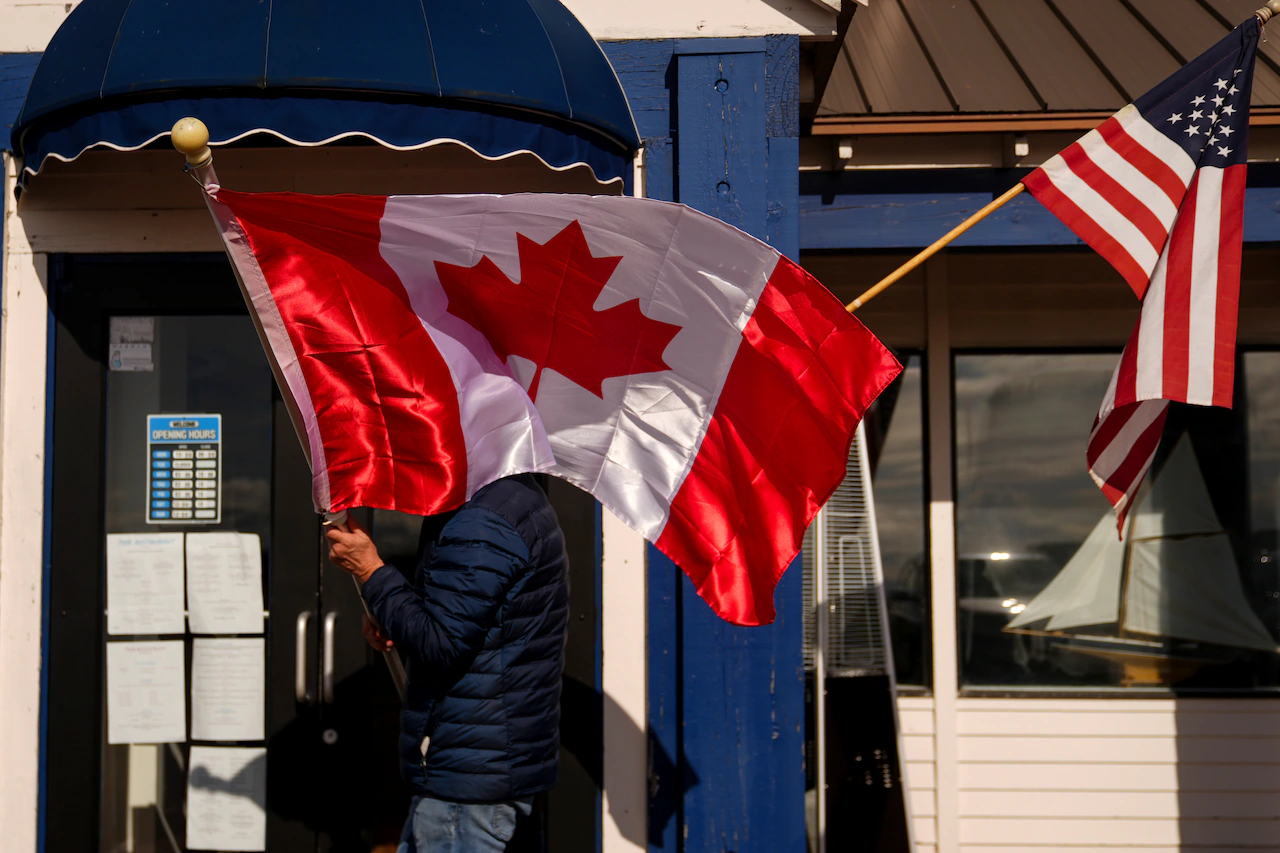
Canadian officials are warning travelers they may face entry restrictions when crossing into the United States because of differences in passport gender identifiers.
The issue stems from the use of an “X” gender identifier on Canadian passports, which could be unrecognizable to U.S. border officials, according to the Canadian Department of Global Affairs. Therefore, Canadian officials say they “cannot guarantee your entry or transit through other countries” including the U.S.
“You might face entry restrictions in countries that do not recognize the ‘X’ gender identifier,” the department explained on its website. “Before you leave, verify this information with the closest foreign representative for your destination.”
The Canadian government also notes that individuals may be asked to provide their sex or gender information as either male or female when traveling.
This warning follows a January executive order by President Donald Trump stating there are only two biological sexes (male and female) and that U.S. passport holders must have a passport that reflects the sex they were assigned at birth.
The decision prompted government officials across the globe to warn its residents about traveling if they are trans, non-binary or hold a third-gender passport, CNN reported in April.
This includes the Canadian government that warned “federal systems in the U.S. are changing to no longer accept markers of gender identity.”
Additionally, Canadian travelers who apply for new Nexus trusted traveler cards or who renew existing ones would no longer be able to list “X” as their gender, the country’s officials said. The Nexus system is meant to expedite travel between two countries, pre-screening travelers who enter at designated points along the border, according to the U.S. Customs and Border Protection.
Cross-border travel from Canada into the U.S. has dropped since 2024, according to a study published in February.
The report found that Canadian travelers made 1.7 million trips back into the country by car in July, which is a 37% decrease in motor vehicle travel year-over-year. January through May visits went down 17% overall in the same time period.
The United States Travel Association reported that Canadians made 20.4 million visits to the country last year which generated $20.5 billion in spending and supported 140,000 American jobs.



